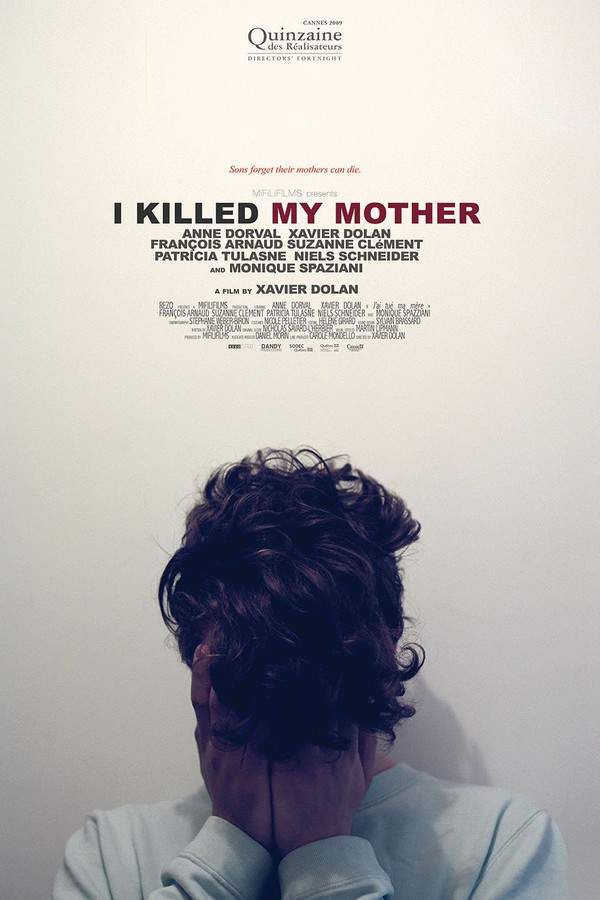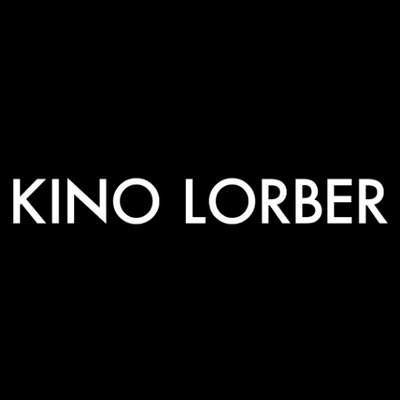I Killed My Mother 2010

Hubert Minel, a 16-year-old living in suburban Montreal, grapples with a difficult and strained relationship with his single mother, Chantale. The film portrays the intense and often suffocating dynamics between them, exploring themes of bullying, the struggles of single parenting, and the search for self-acceptance. Through a poignant and intimate perspective, the story unfolds as a powerful coming-of-age drama, revealing the complexities of their bond and Hubert’s journey toward understanding himself.
Does I Killed My Mother have end credit scenes?
No!
I Killed My Mother does not have end credit scenes. You can leave when the credits roll.
Meet the Full Cast and Actors of I Killed My Mother
Explore the complete cast of I Killed My Mother, including both lead and supporting actors. Learn who plays each character, discover their past roles and achievements, and find out what makes this ensemble cast stand out in the world of film and television.
No actors found
External Links and Streaming Options
Discover where to watch I Killed My Mother online, including streaming platforms, rental options, and official sources. Compare reviews, ratings, and in-depth movie information across sites like TMDb, Wikipedia, Rotten Tomatoes or Metacritic.
Ratings and Reviews for I Killed My Mother
See how I Killed My Mother is rated across major platforms like IMDb, Metacritic, and TMDb. Compare audience scores and critic reviews to understand where I Killed My Mother stands among top-rated movies in its genre.

77
Metascore
7.7
User Score


87%
TOMATOMETER

81%
User Score

75
%
User Score
Take the Ultimate I Killed My Mother Movie Quiz
Challenge your knowledge of I Killed My Mother with this fun and interactive movie quiz. Test yourself on key plot points, iconic characters, hidden details, and memorable moments to see how well you really know the film.
I Killed My Mother Quiz: Test your knowledge on the emotional journey of Hubert and his relationship with his mother in 'I Killed My Mother'.
What city does the film take place in?
Montreal
Toronto
Vancouver
Quebec City
Show hint
Full Plot Summary and Ending Explained for I Killed My Mother
Read the complete plot summary of I Killed My Mother, including all major events, twists, and the full ending explained in detail. Explore key characters, themes, hidden meanings, and everything you need to understand the story from beginning to end.
The film opens with Hubert Minel delivering a poignant black-and-white monologue, highlighting the complex bond he shares with his mother. He expresses his deep love for her while simultaneously revealing a painful truth: he cannot stand being her son. Reflecting on his youth, he recalls a time when their relationship felt less strained.
At just 16 years old, Hubert is a Québécois navigating life in suburban Montreal alongside his single mother, Chantale. Their family dynamics have been disrupted since her divorce from Richard, Hubert’s father, which has resulted in infrequent visits and increasing tension between them. The film takes a dramatic turn when a car ride to school erupts into an argument over Chantale’s habit of applying makeup while driving. This conflict culminates when she defiantly instructs Hubert to get out and walk to school. In a moment of rebellion, Hubert tells his teacher, Ms. Cloutier, that his mother has died. When this fabrication is uncovered, Ms. Cloutier chillingly repeats, > “you killed your mother,” planting the seed for Hubert’s provocative school essay titled “I Killed My Mother.”
As the narrative unfolds, Hubert articulates his desire for independence by confiding to his mother that he wishes to live on his own. Although initially receptive, Chantale quickly retracts her approval, declaring him too young for such a leap. Meanwhile, tensions escalate as Hubert’s secret relationship with his boyfriend, Antonin, comes to light—not through Hubert, but via Antonin’s mother, who mistakenly assumes Chantale knew. Despite moments of acceptance, Chantale’s hurt is palpable, highlighting the strains in their mother-son relationship.
As discord deepens, Hubert finds solace with Ms. Cloutier, lying to his mother about staying with his boyfriend. The narrative thickens when Hubert’s father summons him for a visit, only to inform him of an unexpected decision to send him to a boarding school in Coaticook. This news leaves Hubert furious, lamenting the fact that he rarely sees his father, particularly feeling robbed of agency in his own life.
While at the Catholic boarding school, Hubert meets Eric and finds himself caught in a whirlwind of emotions, ultimately betraying Antonin. After a night out at a nightclub—filled with kissing and experimentation with drugs—Hubert returns home, initiating an emotional confrontation with his mother. Their bond seems to sway when Chantale drives Hubert to assist Antonin’s mother with a painting project. In a moment of intimacy, Hubert and Antonin share their bodies and secrets, leaving Hubert betrayed once again when he discovers Chantale has decided to keep him at boarding school for another year. Overwhelmed, he turns to frustration, trashing Chantale’s room before restoring order.
The turmoil continues as Hubert faces bullying at school, leading to his decision to run away. His note leaves Chantale distressed, stating he will be “In his kingdom,” a place which she comprehends as their former family home. In a heated exchange, the principal admonishes her, prompting her to confront him about the struggles of single motherhood. With Antonin’s support, Hubert escapes on an emotional journey that underscores the complexity of their relationship. A confrontation ensues when Chantale ultimately finds them at the beach. The film poignantly concludes with a nostalgic home video of Hubert as a child, showcasing a simpler time with his mother before the shadows of their current reality set in.
Uncover the Details: Timeline, Characters, Themes, and Beyond!

Coming soon on iOS and Android
The Plot Explained Mobile App
From blockbusters to hidden gems — dive into movie stories anytime, anywhere. Save your favorites, discover plots faster, and never miss a twist again.
Sign up to be the first to know when we launch. Your email stays private — always.
Watch Trailers, Clips & Behind-the-Scenes for I Killed My Mother
Watch official trailers, exclusive clips, cast interviews, and behind-the-scenes footage from I Killed My Mother. Dive deeper into the making of the film, its standout moments, and key production insights.
I Killed My Mother Other Names and Titles
Explore the various alternative titles, translations, and other names used for I Killed My Mother across different regions and languages. Understand how the film is marketed and recognized worldwide.
Quick Links: Summary, Cast, Ratings, More

What's After the Movie?
Not sure whether to stay after the credits? Find out!
Explore Our Movie Platform
New Movie Releases (2025)
Famous Movie Actors
Top Film Production Studios
Movie Plot Summaries & Endings
Major Movie Awards & Winners
Best Concert Films & Music Documentaries
Movie Collections and Curated Lists
© 2025 What's After the Movie. All rights reserved.











